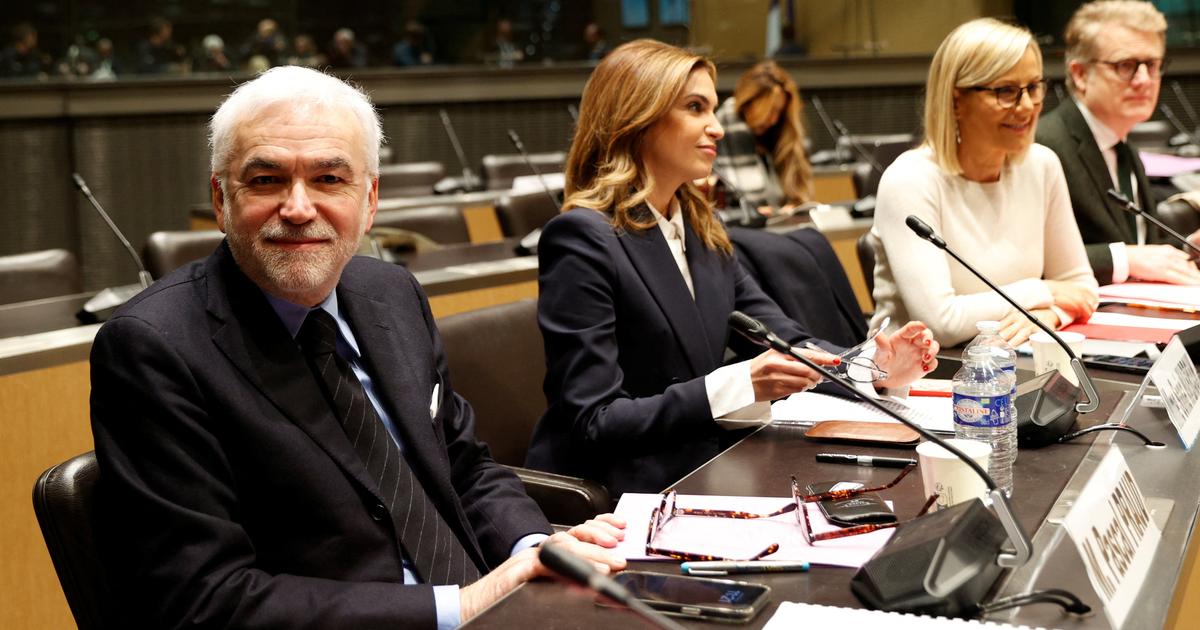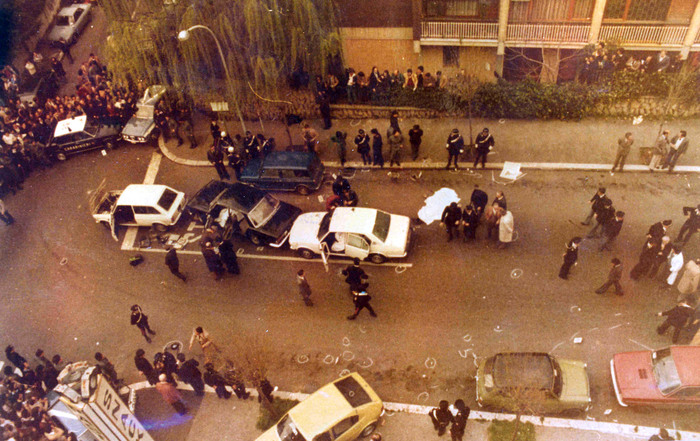Enlarge image
Pablo Neruda in Paris in 1971: Did the Pinochet regime want to get rid of him?
Photo: Michel Lipchitz/AP
Almost 50 years after the mysterious death of Chilean Nobel Prize winner Pablo Neruda, a panel of academic experts has published a new report.
The international expert commission was formed by scientists from Chile, Canada and Denmark.
At first they did not comment on the results.
Enlarge image
Gloria Ramirez, Expert Team Coordinator
Photo: Martin Bernetti / AFP
Judge Paola Plaza, who is leading the inquiry that began more than a decade ago, said at a news conference on Wednesday that she would review the experts' findings and comment on the conclusions later.
According to press reports, the experts came to the conclusion that the writer had been injected with a poisonous substance.
Neruda, a friend of Socialist President Salvador Allende, died on September 23, 1973, twelve days after General Augusto Pinochet's military coup, at the age of 69.
The official death certificate issued by the junta listed prostate cancer as the cause of death.
But there are serious doubts about this.
In 2013, Neruda's chauffeur Manuel Araya reported that the 1971 Nobel Prize winner for literature had died after a mysterious injection on the eve of his planned departure for Mexico.
Neruda wanted to go into exile in Mexico to engage in the opposition to Pinochet there.
In 2013, the Chilean judiciary ordered the exhumation of Neruda's remains to determine the cause of death.
In 2017, a panel of international experts concluded that Neruda did not die of cancer.
However, experts could not determine the real cause of death.
As a result, a bacterium found in Neruda's remains was analyzed.
It was the deadly Clostridium botulinum.
Was the bacterium a biological weapon?
Neruda's nephew Rodolfo Reyes said this week that he had read the new investigation report and that it provided sufficient evidence that his uncle had been poisoned.
"Of course this bacterium is a biological weapon that Pablo Neruda was injected with and he died a few hours later," Reyes told AFP.
Outside the court, Rodolfo Reyes again told reporters that his uncle “was murdered by agents of the regime.
Can one doubt that?' He admitted, however, that he had no access to the investigation report.
He had previously told the Spanish news agency EFE that he had read laboratory reports that supported the poisoning theory.
However, Neruda's grandnephew Bernardo Reyes rejected this conclusion.
The scientific investigation could not prove a murder of the writer, he told AFP.
In 1973, under the military junta, murders using “chemical methods” were not yet common.
Relatives who claimed otherwise "do not represent the family," Bernardo Reyes pointed out.
The Communist Party and those close to Neruda believe that the left-wing author was killed by General Augusto Pinochet on the orders of the military junta.
Neruda was a member of Parliament from 1945 to 1948 as a senator from the Communist Party.
In 1971 the author of »Canto General« (The Great Song) was awarded the Nobel Prize in Literature.
The dictator Pinochet ruled Chile from 1973 to 1990.
During this time, about 3,200 left-wing activists and other government opponents were murdered.
Pinochet died in 2006 at the age of 91 without ever being convicted for the crimes committed under his rule.
feb/dpa/AFP/Reuters









